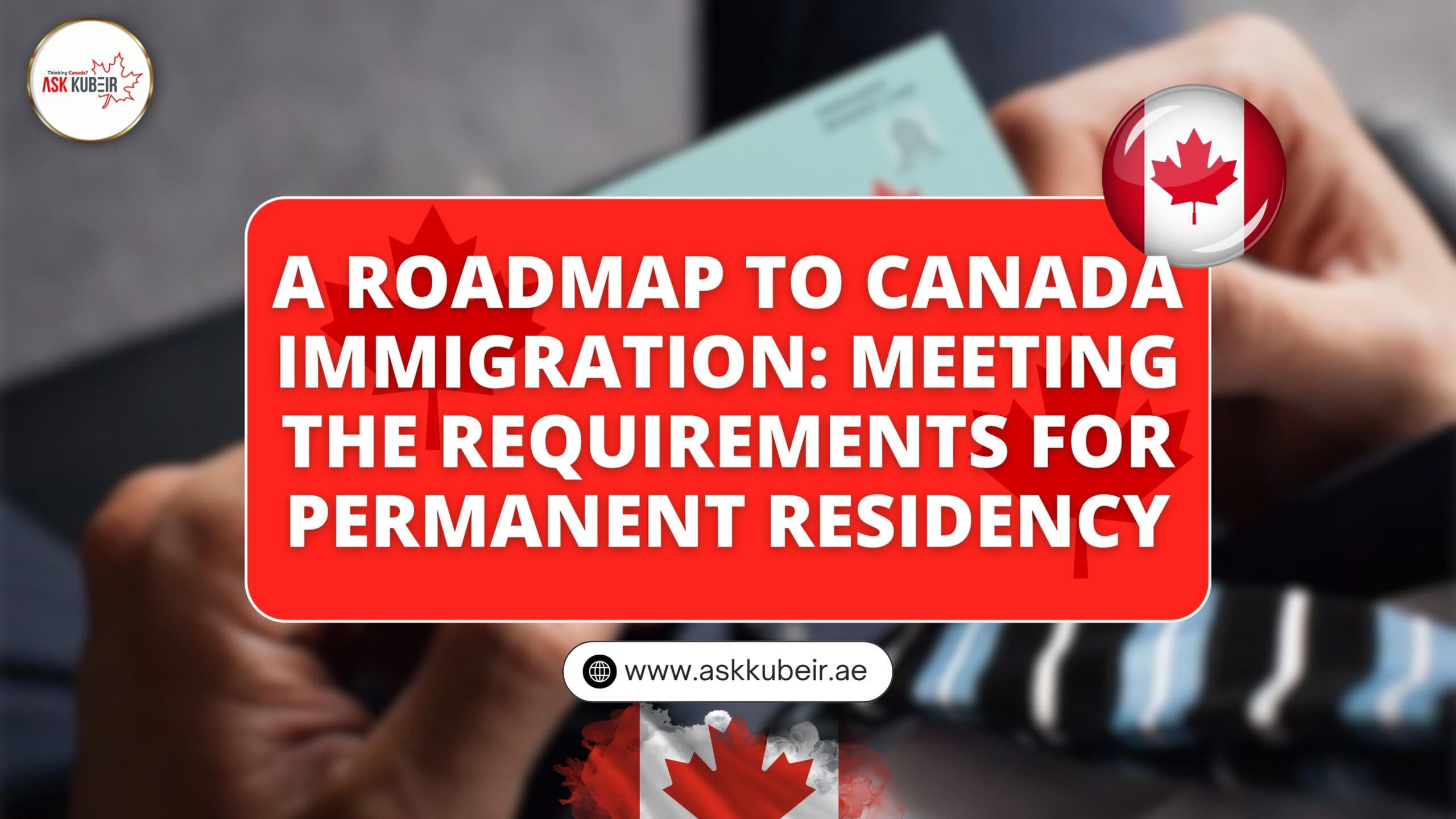
Navigating the path to Canada Permanent Residency (PR) is a dream for many. As one of the most sought-after immigration destinations globally, Canada offers numerous pathways to PR status. Understanding the requirements, processes, and documentation involved is critical to a successful application. This comprehensive guide covers everything you need to know about securing your place in Canada as a permanent resident.
What is Canada Permanent Residency?
Canada Permanent Residency grants individuals the right to live, work, and study in Canada indefinitely while enjoying access to various social benefits such as healthcare. PR holders are not Canadian citizens but have most of the same privileges, excluding the right to vote or run for public office.
Permanent residents can later apply for Canadian citizenship if they meet eligibility criteria, including residency obligations.
Immigration Programs for Canada PR
1. Express Entry Program
This points-based system is designed for skilled workers. It includes:
- Federal Skilled Worker Program (FSWP): For individuals with professional experience in eligible occupations.
- Federal Skilled Trades Program (FSTP): For trade workers with expertise in specific trades.
- Canadian Experience Class (CEC): For applicants with Canadian work experience.
Key factors influencing eligibility include:
- Age
- Education
- Work experience
- Language proficiency (English/French)
2. Provincial Nominee Program (PNP)
Provinces and territories nominate candidates to meet specific labor market needs. Receiving a provincial nomination adds 600 points to your Comprehensive Ranking System (CRS) score, significantly boosting your chances of receiving an Invitation to Apply (ITA).
3. Family Sponsorship
Canadian citizens and permanent residents can sponsor relatives, including:
- Spouses or common-law partners
- Dependent children
- Parents and grandparents
- Other eligible relatives under specific conditions
Canada PR Requirements
General Eligibility Criteria
- Age: Most programs favor applicants between 18–35 years old. However, age is less critical in family sponsorships or some PNP streams.
- Education: A bachelor’s degree is the minimum for many programs, but higher qualifications improve CRS scores.
- Work Experience: Demonstrated experience in a relevant skilled occupation is crucial.
- Language Proficiency: Prove proficiency in English or French through recognized tests like:
- IELTS or CELPIP (English)
- TEF or TCF (French)
- Adaptability: Points are awarded for factors like previous Canadian education, work experience, or having relatives in Canada.
- Proof of Funds: Demonstrate financial stability to support yourself and dependents.
Key CRS Point Categories
The Comprehensive Ranking System (CRS) evaluates candidates in the Express Entry pool. Major scoring categories include:
- Core Human Capital Factors
- Age: Maximum points for those aged 20–29.
- Education: Higher scores for advanced degrees or Canadian qualifications.
- Language Skills: High proficiency in English and/or French significantly boosts scores.
- Work Experience: Canadian work experience receives higher points compared to foreign experience.
- Skill Transferability Factors
- Combinations like foreign work experience + strong language skills add extra points.
- Additional Points
- Provincial nomination: 600 points.
- Canadian education, siblings in Canada, or bilingualism provide bonus points.
Documentation Required for Canada PR
Mandatory Documents
- Valid Passport: Proof of identity and travel capability.
- Language Test Results: Validated results from IELTS, CELPIP, TEF, or TCF.
- Educational Credential Assessment (ECA): Required for verifying foreign degrees.
- Proof of Funds: Bank statements or financial documents proving sufficient settlement funds.
- Police Clearance Certificate (PCC): Certifies no criminal background.
- Medical Examination: A completed health assessment by an IRCC-approved physician.
Always confirm program-specific documentation requirements on the IRCC website.
Canada PR: Proof of Funds Requirements
Settlement funds demonstrate your ability to support yourself and your family upon arrival. These funds cannot be borrowed and must be readily available.
Who Needs Proof of Funds?
- Required: FSWP and FSTP applicants without a valid job offer.
- Not Required: CEC applicants or individuals with a valid job offer.
Minimum Fund Requirements (2024 Update)
| Family Size | Funds Required (CAD) |
|---|---|
| 1 | $14,690 |
| 2 | $18,288 |
| 3 | $22,483 |
| 4 | $27,297 |
| 5 | $30,690 |
| 6 | $34,917 |
| 7 | $38,875 |
| Each Additional | $3,958 |
Medical and Security Requirements
- Medical Examination: Applicants must undergo a medical assessment to ensure they do not pose a health risk to Canada’s population.
- Police Certificates: Required to prove a clean criminal record from each country where you’ve lived for six months or longer since the age of 18.
Steps to Apply for Canada PR
- Determine Eligibility: Use IRCC’s eligibility tools.
- Prepare Documentation: Gather required documents based on your chosen immigration program.
- Submit Profile: Create and submit your Express Entry profile or apply directly under other streams.
- Receive ITA: High-ranking profiles receive Invitations to Apply for PR.
- Complete Application: Submit all documents and pay processing fees.
- PR Confirmation: Await confirmation of your PR status.
Conclusion
Canada offers a wealth of opportunities for individuals seeking permanent residency. By understanding the eligibility criteria, immigration pathways, and required documentation, you can confidently navigate the process. Whether you choose the Express Entry System, a Provincial Nominee Program, or Family Sponsorship, planning and preparation are key to success.
Take the first step toward your dream career in Canada. Contact Ask Kubeir today to unlock unparalleled opportunities in 2025!
CONTACT US!
📞 Call us: 04 526 4646
📲 WhatsApp: wa.me/971529693030
🌐 Website: www.askkubeir.ae





